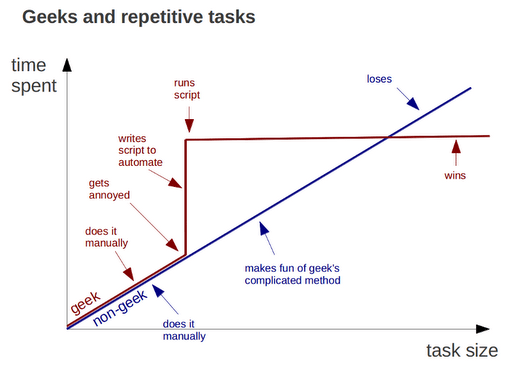I am an intern at an auditing firm. Completing this internship is mandatory to become a qualified chartered accountant. I like this profession, but sometimes I have to do boring jobs for which I have no motivation.
For example, I was told to document the steps involved in converting a sole proprietorship into a private limited company. I don't find this interesting, partially because the client is qualified enough to do this research and proceed with incorporating the company.
My boss and my senior delegated this job to me so that I could get a chance to learn. In my opinion, they showed interest in this detailed study because they are interested in the law itself and because the client pays for this consultation.
The client sat behind us watching us work which aggravated my irritation. I didn't try too hard to hide my boredom or annoyance. I am really lucky my boss and the senior have been putting up with my bad behaviour, and offering me advice and guidance.
I realize that I can damage the firm's reputation with clients due to my lack of maturity and patience. However, I find it hard to enjoy this type of work, and there are times when clients piss me off and I fail to conceal my emotions.
I understand that I am the one who needs to improve, maintain control over my temper and change my attitude. I am not blaming anyone else.
How to motivate myself to get involved with work that I perceive as boring?

